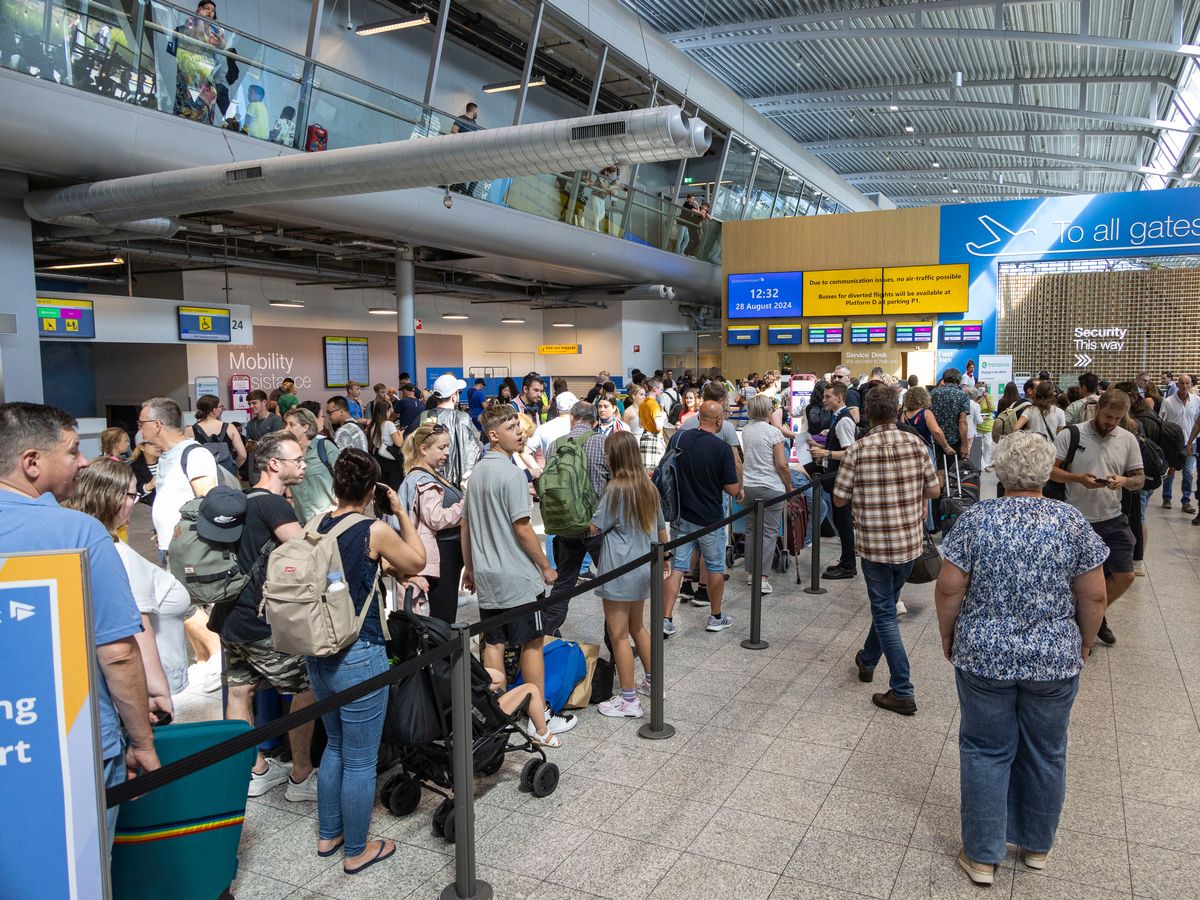By Neil Shaw
Copyright walesonline

Holidaymakers heading out of the UK this month have been warned to expect major disruption in the biggest strike action seen for years. From Tuesday, October 7 to Friday October 10, France’s largest air traffic controllers’ union (SNCTA) will launch a 72-hour nationwide strike, threatening to trigger the most disruptive aviation event in Europe this year. With a third of all European flights crossing French airspace daily, the strike will paralyse major UK-EU routes. Latest analysis by AirAdvisor shows the strike will impact over 129,600 UK passengers, with mass cancellations expected on routes to Spain, Italy, France, and beyond Key UK airports impacted will include London (all airports), Manchester, Edinburgh, Birmingham, Bristol, Liverpool, and Glasgow. Airlines hit will include easyJet, Ryanair and British Airways. Experts say it will hit routes including: French airspace acts as Europe’s bottleneck and more than 30% of all UK-to-Mediterranean flights, and a huge chunk of UK-Spain, UK-Italy, and UK-Portugal routes are about to face either outright cancellation or 1-4 hour delays. The disruption isn’t limited to French airports, but will affect every hub from Barcelona, Madrid, and Palma to Amsterdam and Brussels. Airlines cannot simply fly around France: alternate, oceanic or North African routes add time, cost, and complexity. Fuel, crew, and slot constraints mean not every flight gets an alternative path. Travellers headed to Spain and Portugal from London, Manchester, and Bristol will be especially hard hit, with flights being axed at the last minute and others rerouted hundreds of miles out of the way, resulting in arrivals creeping into the early hours or simply overnighting at hubs. Even those flying to Italy, Greece, and parts of Germany and Switzerland should prepare for knock-on delays, as airlines struggle with shrinking ATC slots and divert to congested alternate airspace. The risk endures in the days after the strike: planes and crews are out of place, and passenger backlogs spill into the whole network. Many UK and European flights immediately after the strike’s end will be overbooked, off schedule, or even cancelled, as operators struggle to recover schedules quickly enough. Anton Radchenko, Aviation Expert & Founder at AirAdvisor , said: “This strike isn’t just about France, it’s about the entire European air network. When French controllers walk out, they don’t just ground flights to Paris; they choke the whole route map of Europe’s busiest air corridors. What makes this strike particularly damaging is the geography: France sits at the crossroads of Europe, so UK flights to Spain, Italy, Portugal, and even North Africa are all caught in the crossfire. “For UK travellers, the disruption will feel like a ‘lottery of luck’. Business-class and long-haul passengers may get rerouted on longer oceanic paths, while budget airline passengers are far more likely to face outright cancellations. Even passengers flying to countries like Germany or Switzerland could be delayed, because when France closes its skies, pressure piles up on every neighbouring hub. “The bigger concern is that there have been multiple French ATC strikes in 2025 alone. If the union succeeds again, strikes every 3-4 months could become the new normal, meaning passengers will need to factor French airspace risk into every European trip. In simple terms: flying to the Med is no longer just about price and timing, it’s about whether French airspace is open. “Plus, in many ways, this strike highlights a shift: air travel is no longer just about cost and convenience, it’s about resilience. The passengers who adapt fastest to that reality by planning smarter and demanding clearer commitments from airlines will be the ones least affected when the next wave of disruption inevitably hits.”



